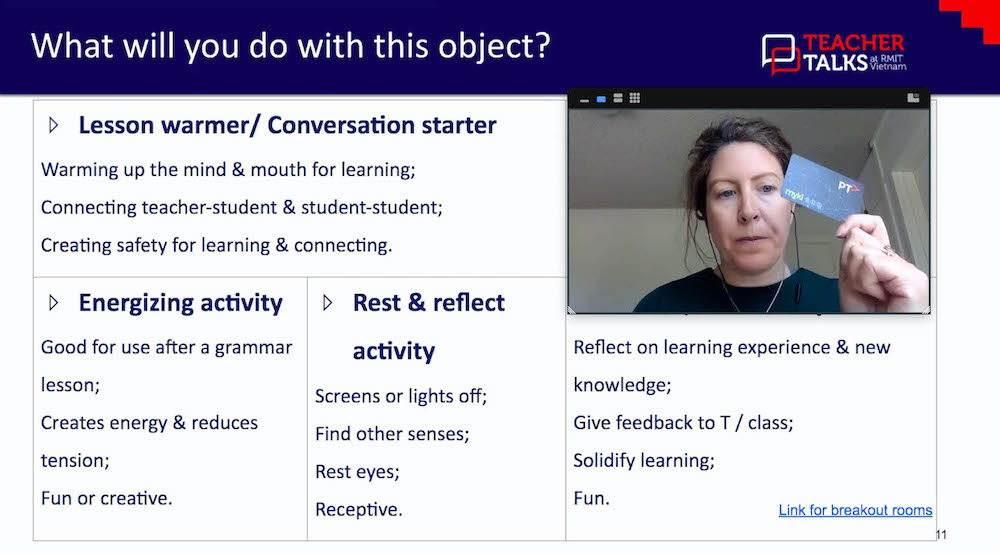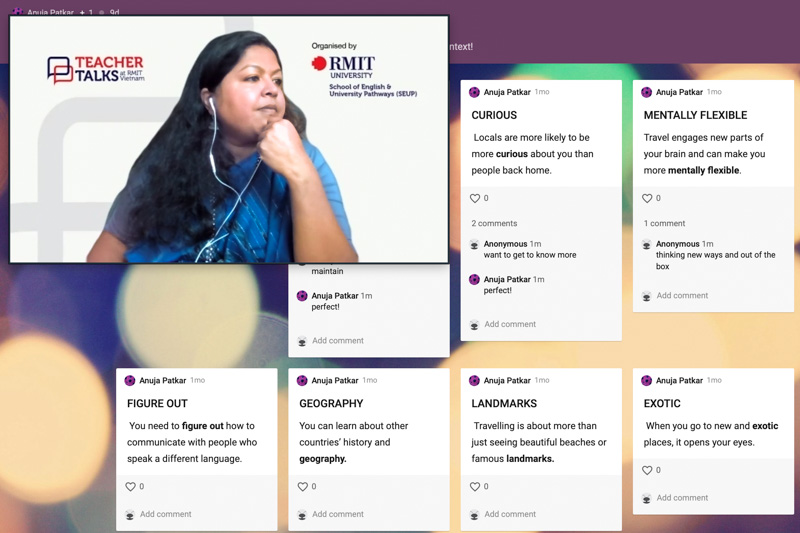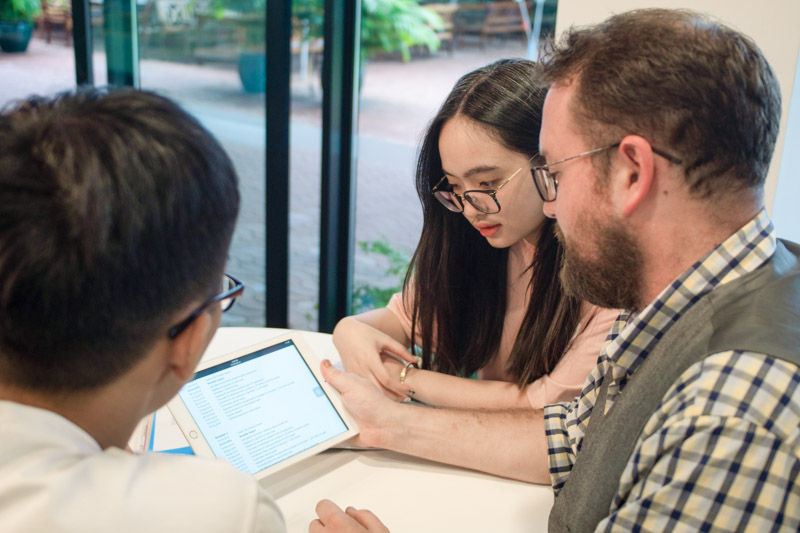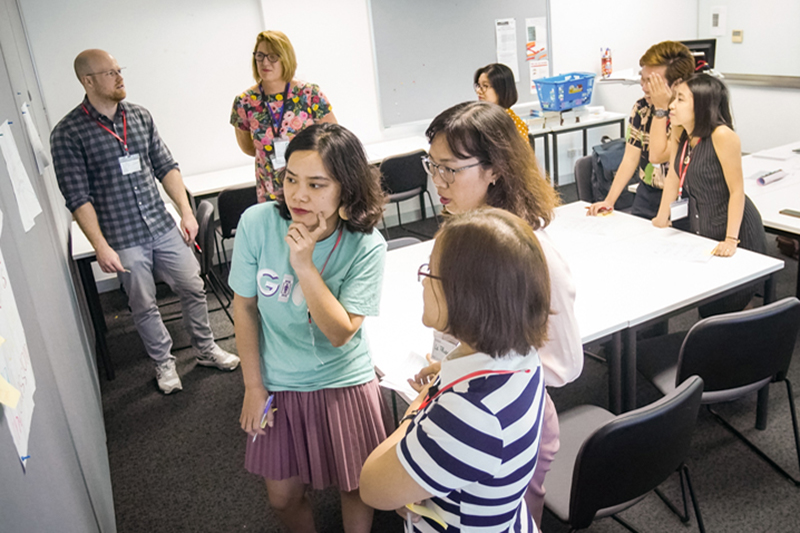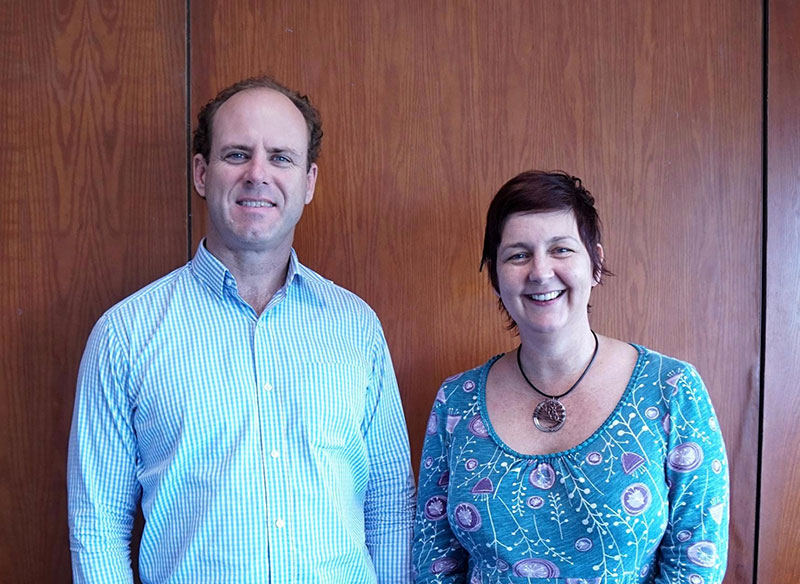Is using minimal resources in the classroom the future of education?
Following the global changes that COVID-19 introduced to the way we interact, work and study, educators have been exploring new approaches to the classroom experience.
RMIT Teacher Talks reinforces educators’ agility
RMIT Teacher Talks 2021 prepared English educators to teach in uncertain times by sharing innovative and agile approaches to education.
Vietnam’s English educators leverage active learning approach
More than 220 English language educators in Vietnam gathered to learn more about a range of innovative and tested teaching approaches focused on increasing student engagement at a recent Teacher Talks session organised and delivered by RMIT Vietnam.
RMIT delivers training program for Da Nang City leaders
In collaboration with the Australian Government and Da Nang People’s Committee, RMIT Vietnam is delivering a training program for Da Nang City leaders and officials.

